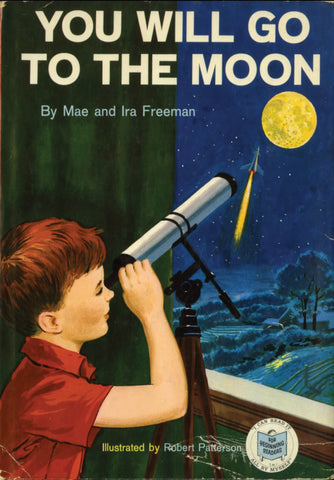Space: Introduction

I’m delighted to introduce you to our ‘Space Case’. Growing up in the 60s & 70s, excitement about space—the new frontier—was palpable. Sputnik, the first human satellite in space, was launched in 1957 by the USSR, quickly followed by Sputnik II containing the hapless hound, Laika. The USA’s Apollo missions followed a decade later, culminating in the 1969 moon landing.

Like other children of the 1960s, I was promised ‘You will go to the moon’. While it might be time for me to give up on that idea, space tourism is now on the cards, at least for a tiny number of the very rich. Our knowledge of what is ‘out there’ has increased astronomically (!) thanks to increasingly sophisticated telescopes. We can see further into space and explore more space objects than ever before.
For this edition of Case Quarterly, we invited our authors to consider how our understanding of space impacts our understanding of God and ourselves.
C. S. Lewis scholar, Michael Ward, offers an historical and literary perspective on this question, and considers how the human imagination has been influenced by the shift from a geocentric to heliocentric model of the universe. What does it mean for us, if we think of ourselves no longer at the centre of the heavenly spheres, but floating through vast expanses of barren and empty ‘space’?
No doubt, Lewis would have approved of modern astronomy’s challenge to this conception of ‘space’. Far from bleak and desolate, the universe described by astrophysicist, Jennifer Wiseman, (and illustrated with stunning images from the Hubble Telescope) is dynamic and fruitful. Recent discoveries about the life-cycle of stars, the formation of planets, and the development of conditions for life, also provide grounds for serious reflection about its creator and purpose.
Some readers might be of the opinion that Christian thinking and science stand opposed to one another, but I would gently suggest that this is short-sighted, as do the following pages. Whether it be discoveries pointing to a universe that, against all odds, supports life (Jennifer Wiseman and Luke Barnes), evaluating theological and scientific significance of space exploration (Jon Clarke), or mapping out what the existence of extra-terrestrial intelligence would mean for Christianity (Lewis Jones)—this is the work of Christians endeavouring to honour both the natural and revealed works of their Creator. Michael Ward might commend their avoidance of the same trap C.S. Lewis identified in his literary work on the Copernican revolution decades ago: overstepping the science to embrace the materialistic mythology that followed it.
God is far beyond our imagining (Isaiah 66). His influence in our world is sovereign (Proverbs 21) and his care of our world intimate (Matthew 10:30ff). Consequently, as this edition peers into space, we should be prepared to engage with a person whose reign spans at least 13.8 billion light years (13x1024m, approximately the size of the known universe). Our finite capabilities can perceive only a fraction of his works, but this One stands outside the limits of space and time and commands order (Jeremiah 31:35).
As our understanding of space increases, so too should our awe of God’s immense power and mystified gratitude for his love for the inhabitants of this tiny planet, and their redemption by the sacrifice of his Son.
Leave a comment
Comments will be approved before showing up.



